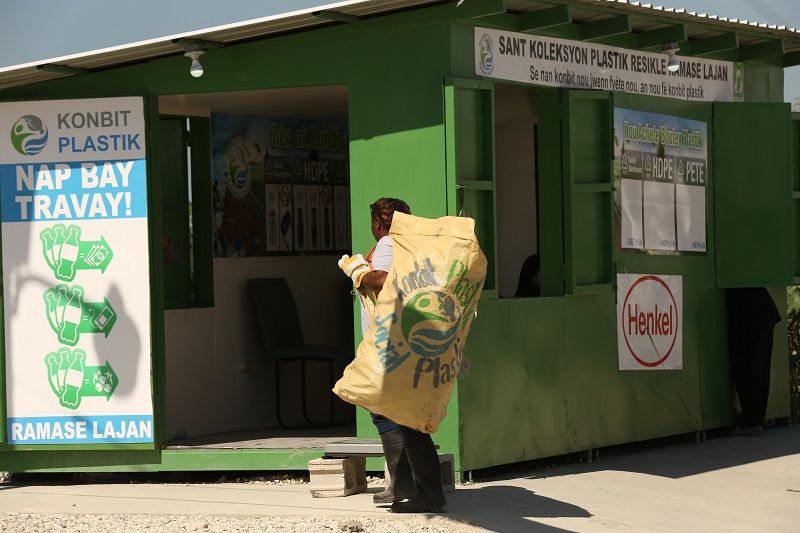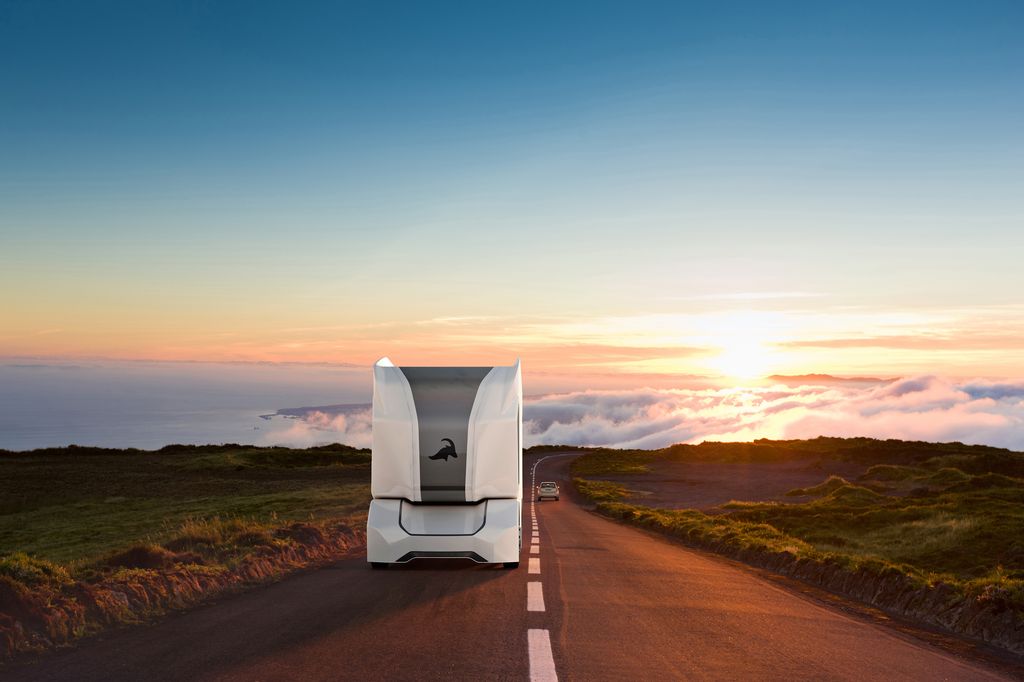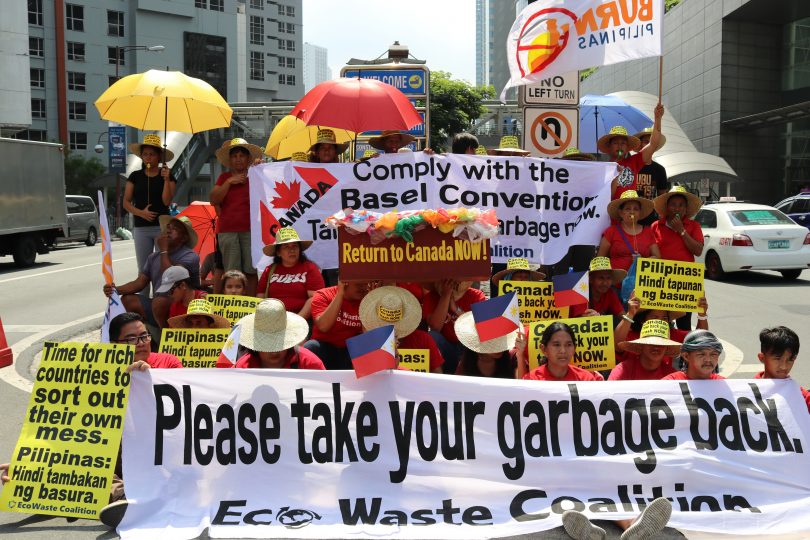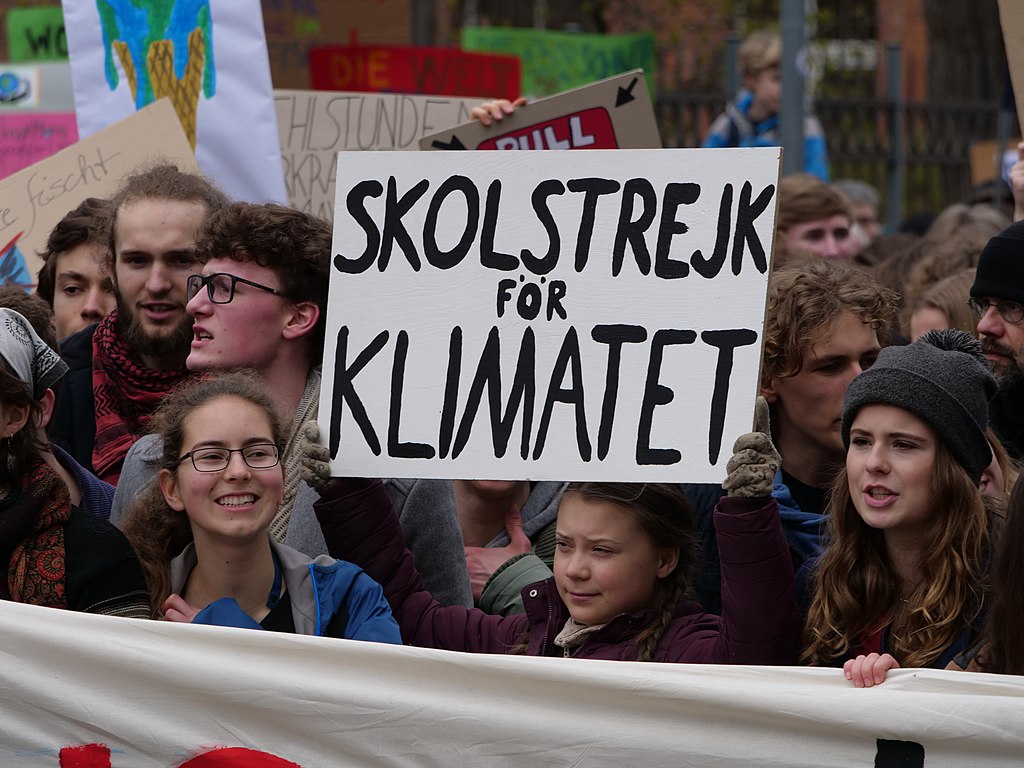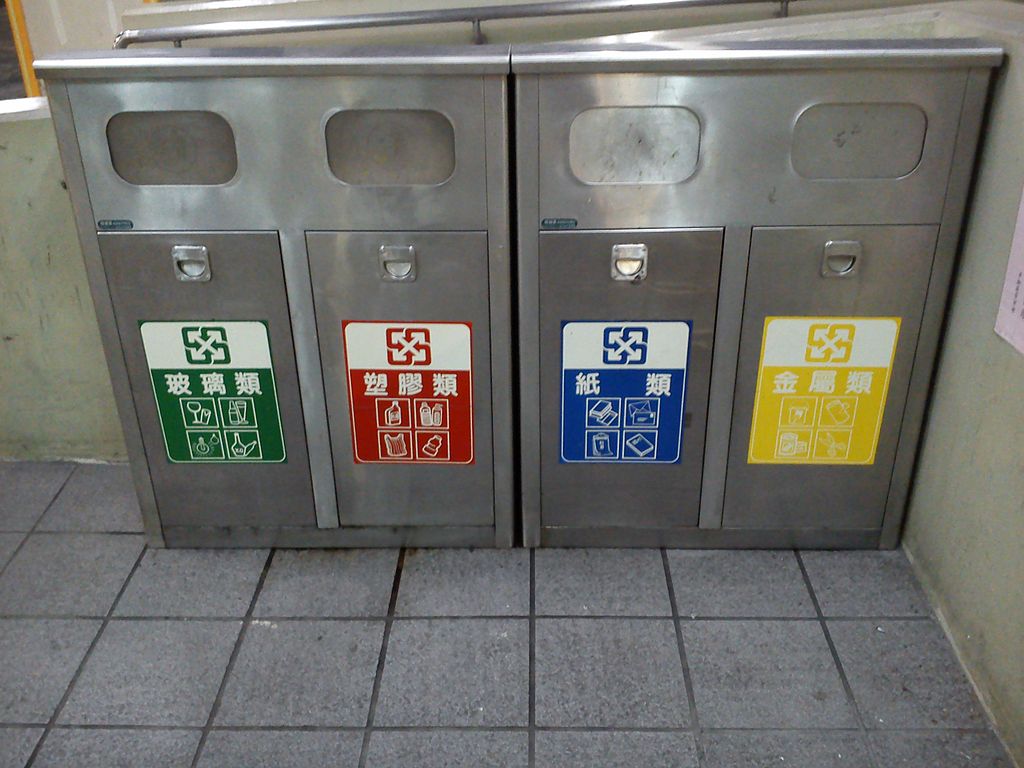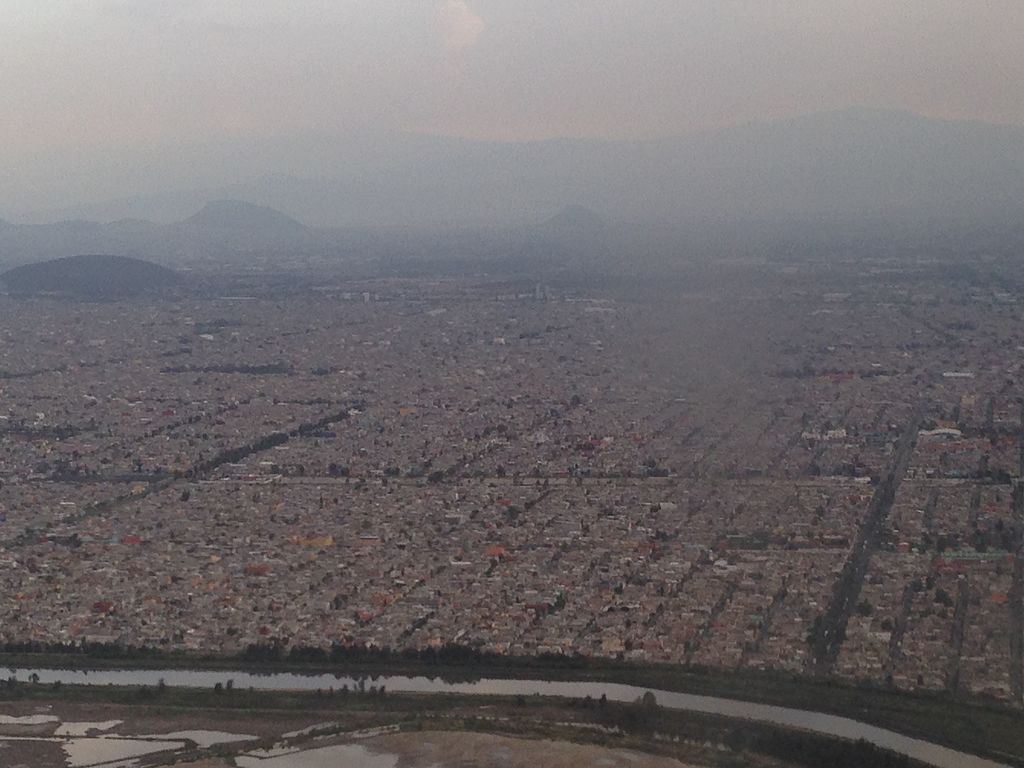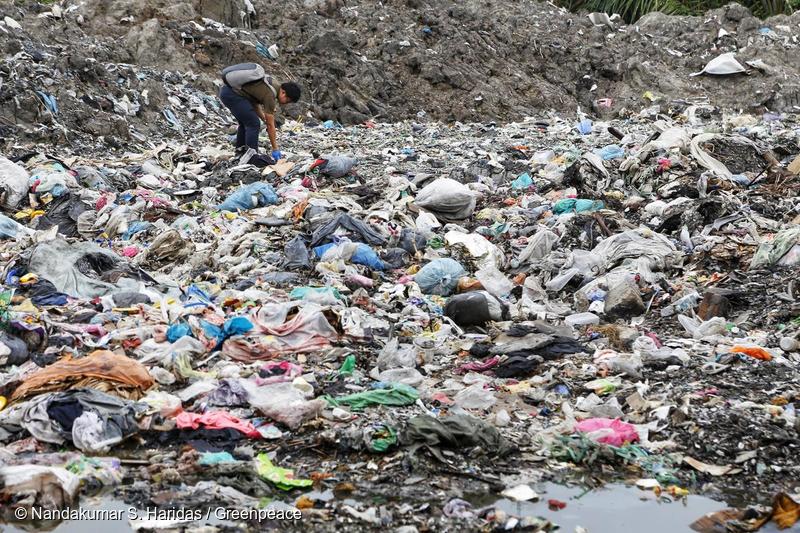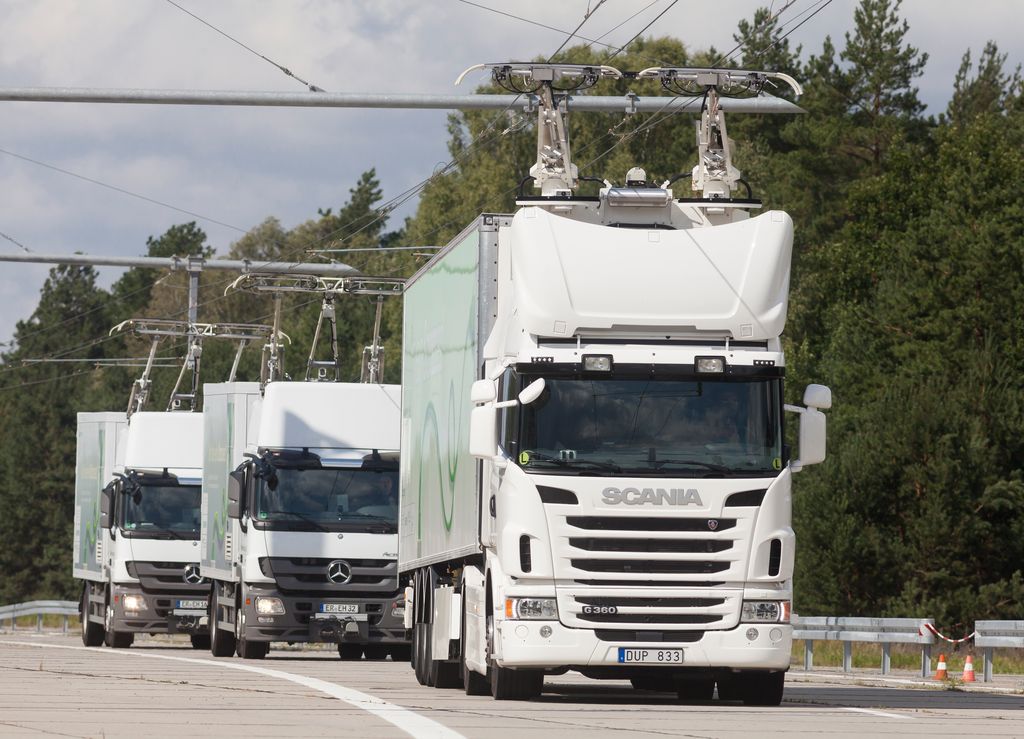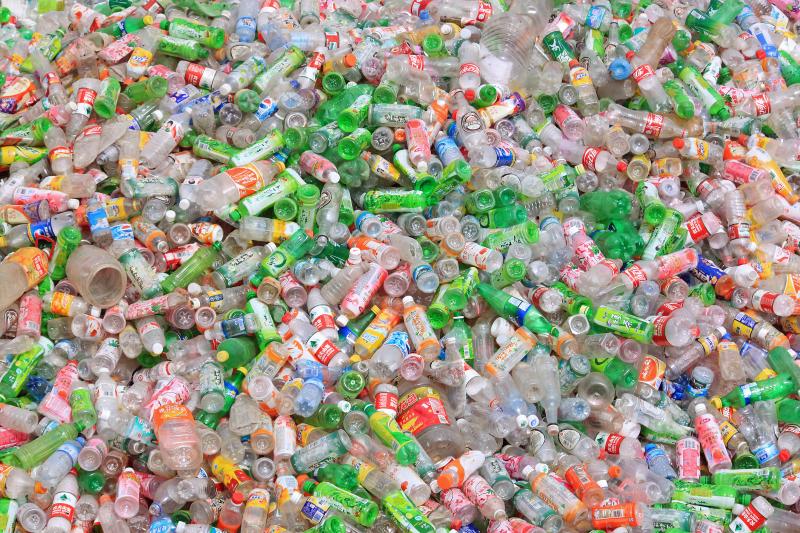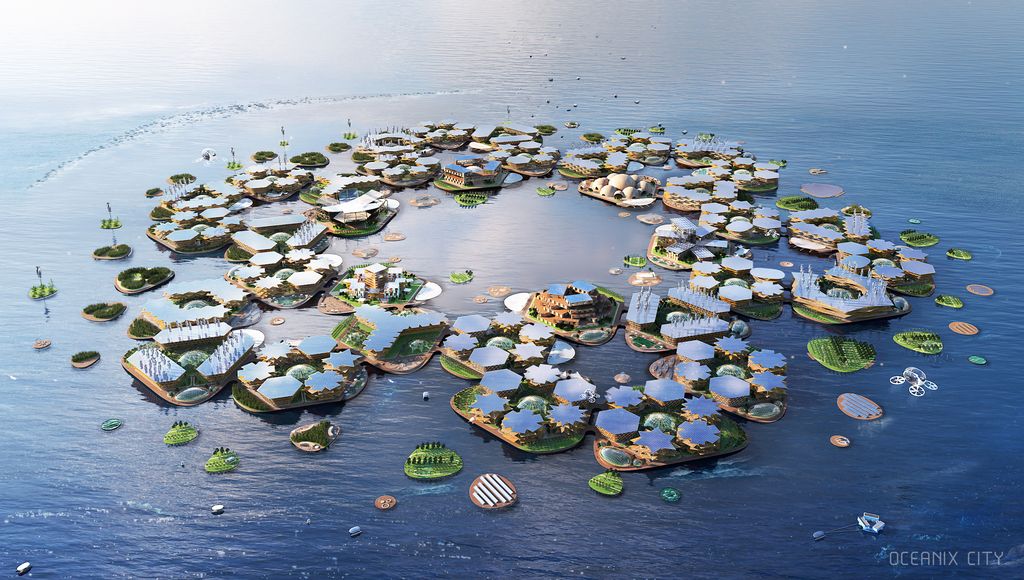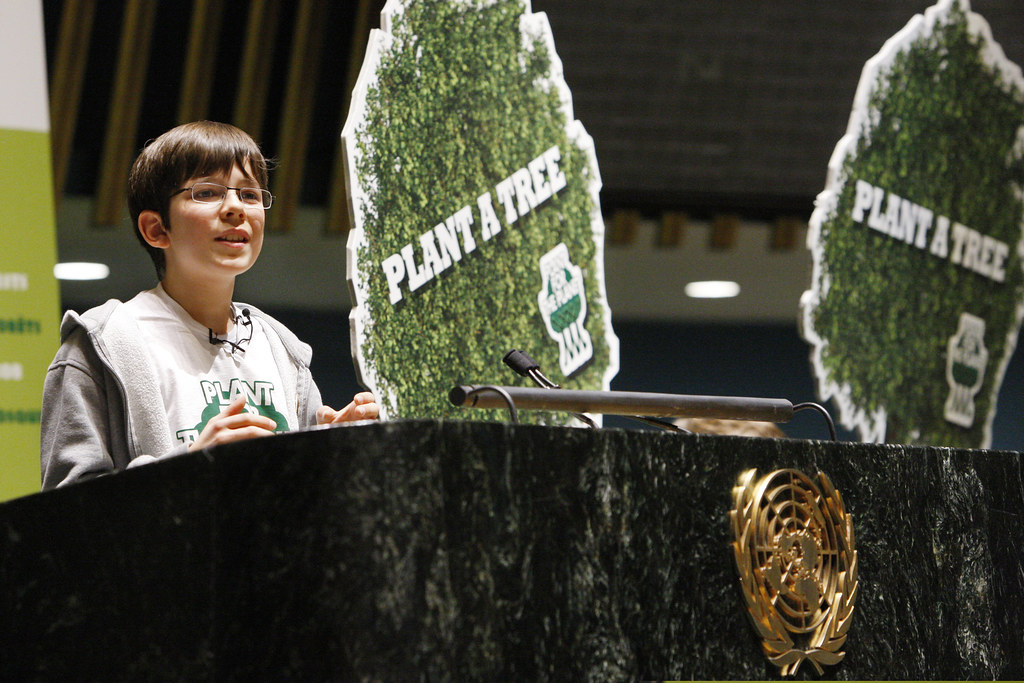David Katz was upset by all the plastic going into the oceans. To help solve the problem, he had an unusual idea - to treat plastic like money. Mr. Katz calls his idea the "Plastic Bank".
Published in “Environment”
A company called Einride has begun using driverless electric trucks on a public road in Sweden. The project is testing ideas that could bring important changes in transportation.
A six-year struggle between the Philippines and Canada over trash which was shipped as "recycling" is finally ending. Canada has agreed to take back its trash.
Students are skipping school to hold climate strikes in 119 countries around the world today. And they're asking adults to join them in another worldwide climate strike on September 20.
Taiwan was once known as "Garbage Island". Now it is a world leader, recycling more than half of its waste in a business that brings in over $2 billion a year.
The air pollution in Mexico City has gotten so bad that the mayor called an emergency. Schools were closed on Thursday and Friday. The emergency was finally ended on Saturday.
Last week, almost every country in the world except the United States signed a new agreement to control plastic waste. The new agreement should help track plastic waste and make sure more of it actually gets recycled.
Germany has opened a special electric highway for trucks. The system allows trucks which run on both diesel fuel and electricity to recharge their batteries while driving.
Since the 1970s, people in many countries have been taught to recycle. Now, many places are cutting recycling programs, and often items that are sent off for recycling are never recycled at all.
A group called Oceanix has come up with a plan to create the world's first floating city. In early April their plan was discussed at the United Nations.
When Felix Finkbeiner was nine years old, he told his classmates, "Let's plant a million trees in every country of the world!" Now, 12 years later, his "Plant-for-the-Planet" project has planted over 1 billion trees.

